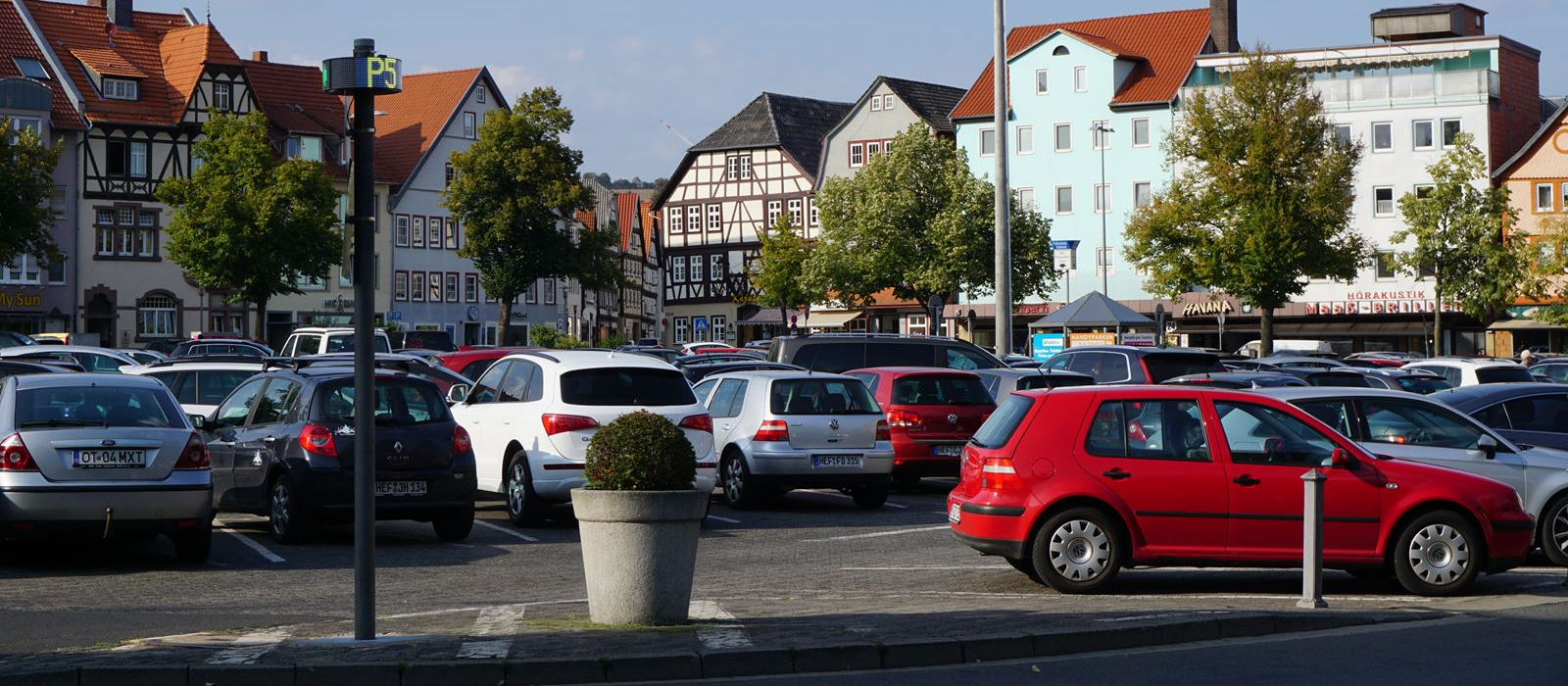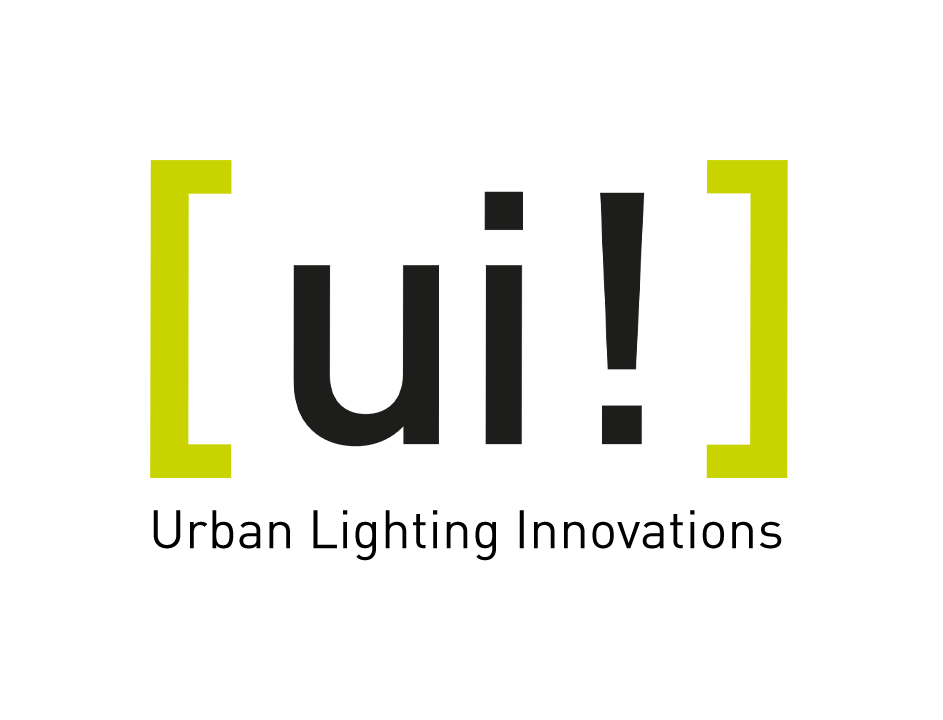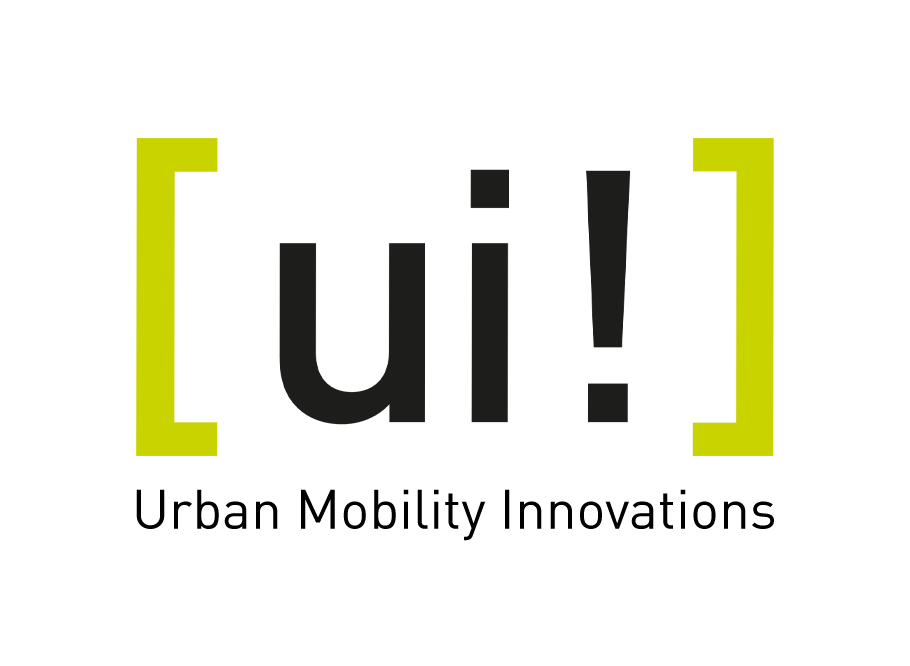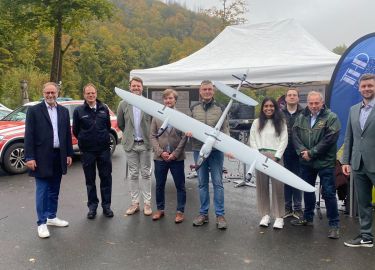In Bad Hersfeld, parking spaces are monitored with AI

Using intelligent systems to monitor parking lots saves resources, increases revenue, and creates benefits for citizens.
The [ui!] Urban Software Institute is working on this current and important topic together with its associated partner, the district town of Bad Hersfeld, in the joint project ParkControl. This project is funded by the Federal Ministry of Transport and Digital Infrastructure within the framework of the mFUND innovation initiative with a total of around 90,000 Euros.
There are plans for a PARKING space monitoring and CONTROL support system (ParkControl), which will support the local authorities in carrying out their parking space monitoring service and provide citizens with an overview of the current parking situation by means of a visualization.
 We all know the problem: in addition to the constant search for a parking space in public parking areas, we often find vehicles parked in violation of the regulations, thus interfering with flowing and parking traffic, causing traffic jams and accidents, or obstructing pedestrians, cyclists, wheelchair users, or baby carriages. This annoys not only the citizens, but also the responsible authorities of the local communities.
We all know the problem: in addition to the constant search for a parking space in public parking areas, we often find vehicles parked in violation of the regulations, thus interfering with flowing and parking traffic, causing traffic jams and accidents, or obstructing pedestrians, cyclists, wheelchair users, or baby carriages. This annoys not only the citizens, but also the responsible authorities of the local communities.
The problem here is that only a few public parking spaces are equipped with sensors for occupancy detection. This means that existing parking spaces are not used and monitored efficiently enough. This leads to disruptive parking search traffic in the vicinity of the public parking areas, which usually causes resentment among residents.
In the ParkControl project, parking monitoring and a control support system will be introduced in order to guide the employees of the law enforcement agencies to the locations of illegally parked vehicles in a targeted manner. For this purpose, optimal control routes are intelligently planned and passed on to the employees of the law enforcement agency. In this case, the increasing importance of local data from the federal, state, county and local authorities is proving to be particularly helpful.
By supplementing existing infrastructures for data collection, processes such as parking sensors embedded in the ground or overhead parking sensors mounted on lanterns can create entirely new opportunities and thus beneficial for citizens. These include the visualization of free parking spaces as well as the reduction of parking search traffic. Special attention is also paid to the promotion of sustainability and ecology and the optimization of internal administrative processes.
In addition to the goal of reducing the time spent searching for a free parking space by visualizing the still available parking spaces on an app for citizens*, the costs for staff deployment are also to be significantly reduced through their optimized deployment planning.
All this is made possible by the use of an Open Urban Data Platform, which collects and analyzes all data from a wide variety of sources, such as parking sensors, parking ticket machines, parking facilities, and floating car data (movement data from various traffic-relevant apps). With the support of AI, real-time and predictive models are developed using analytical methods and trained with historical data to be processed for parking monitoring services.
The knowledge gained from the ParkControl project will be tested in the real environment for its practical suitability. For this purpose, the district town of Bad Hersfeld, as an associated partner, will provide the urban parking infrastructure including data platform. The city participates in the project by testing and validating the requirement and service specification, the provision of data and the software solution developed by the project partner ([ui!]).
The project includes an evaluation and analysis of the transferability of the results and product development to other communities. In various formats, such as the Smart City Forum, the Morgenstadt Initiative and at mFUND events and accompanying research, results are already being presented during the project.
About the BMVI's mFUND:
As part of the mFUND innovation initiative, the BMVI has been funding data-based research and development projects for digital and connected mobility 4.0 since 2016. Project funding is supplemented by active professional networking between stakeholders from politics, industry, administration and research and by making open data available on the mCLOUD portal. Further information can be found at www.mfund.de.









